Photo

ocean vuong, ‘prayer for the newly damned’
[ID: “How quickly the blade becomes You.” end ID]
12K notes
·
View notes
Text
A gothic horror story where a gentleman from a good family gets haunted by something monstrous, which follows him around and keeps killing people around him at utter random, in cruel and horrifying ways. Specifically within circumstances where the protagonist has no alibi, and everything indicates that he committed the murders.
But the real horror is not that he would find himself accused of the murders, but that the people around him naturally assume that he did do it, but genuinely do not care, because the victims are never people that the society around him considers "important". The scullery maid of his household is found brutalised beyond recognition in a room where even the ceiling has been splattered with blood, and a constable of the local police brushes it off as a case of household discipline gone wrong, being horrifyingly casual with the assumption that the protagonist severely beat a girl in his service to death, and will dismiss it as an accident. The street urchin that the protagonist was seen talking with - wanting to help this poor little orphan - is found decapitated, severed head in the protagonist's fireplace. This, too, is calmly swept under the rug.
After every horrifying murder, the protagonist tries to seek help, to present the crime to authorities in hopes of getting some semblance of help, or at least clearing his own name of this, but every time it's brushed off. "These things do happen", he is reassured, like it's perfectly normal that a mansion of that size has a secret garden of unmarked graves in one shady corner.
The real horror is the ever-encompassing implication that this is perfectly normal.
41K notes
·
View notes
Text
Catherine Morland:

Eleanor Tilney:

Henry Tilney:

— Jane Austen, from Northanger Abbey
#jane austen#northanger abbey#book excerpt#literature#gothic#satire#bildungsroman#book quotes#coming of age#book recomendation
2 notes
·
View notes
Text






— Harper Lee, from To kill a mockingbird
#to kill a mockingbird#harper lee#book recommendation#bildungsroman#coming of age#childhood#innocence#courage#social issues#racial injustice#internalized prejudice#classic literature#favorite quotes#book quotes#inspiration#american literature#scout finch#jem finch#atticus finch
100 notes
·
View notes
Text






— Charlotte Brontë, from Jane Eyre
#TopFierceJaneMoments#jane eyre#charlotte bronte#book excerpt#literature#quote#strong female lead#strong female characters#inspiration#feminism#sassy
1 note
·
View note
Text
The veil fell from his hardness and despotism. Having felt in him the presence of these qualities, I felt his imperfection and took courage. I was with an equal - one with whom I might argue - one whom, if I saw good, I might resist.
— Charlotte Brontë, from Jane Eyre
3 notes
·
View notes
Text
To have yielded then would have been an error of principle; to have yielded now would have been an error of judgment.
— Charlotte Brontë, from Jane Eyre
3 notes
·
View notes
Text
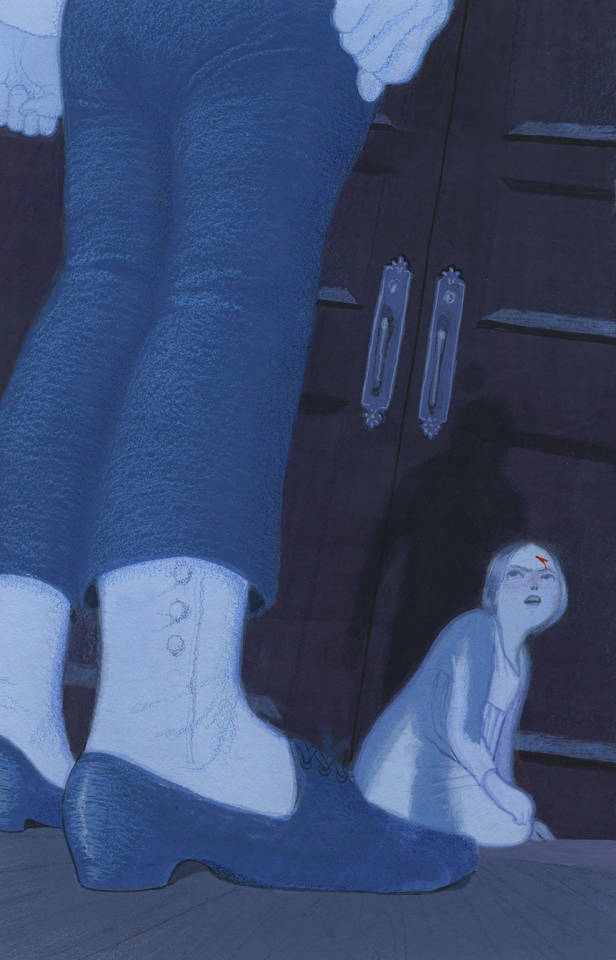
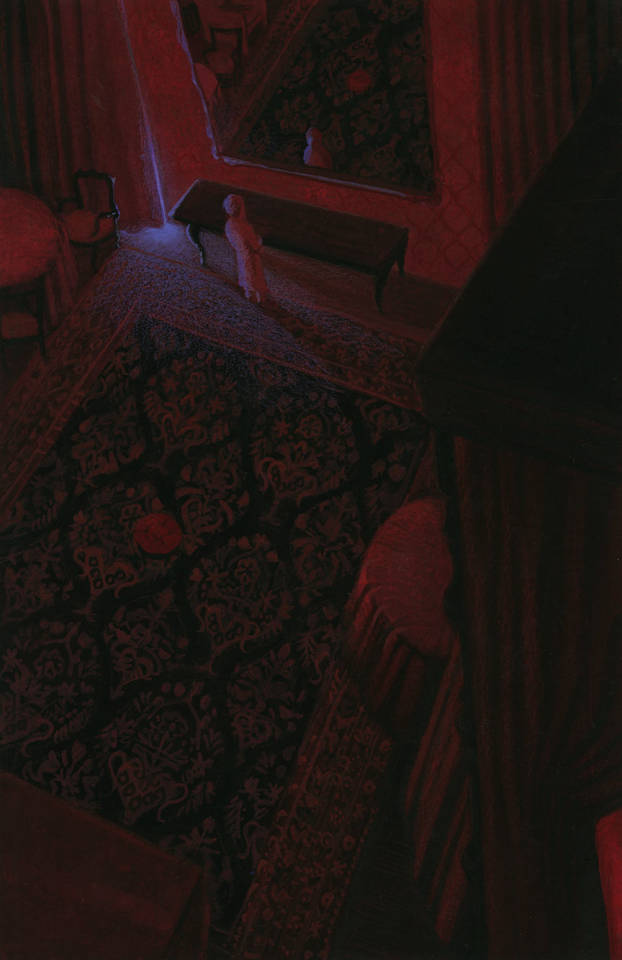
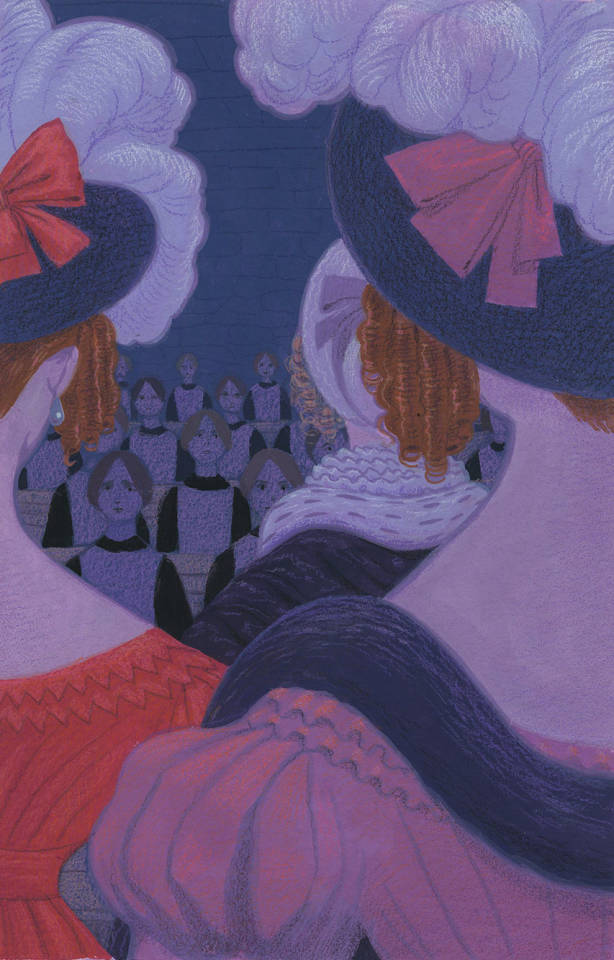
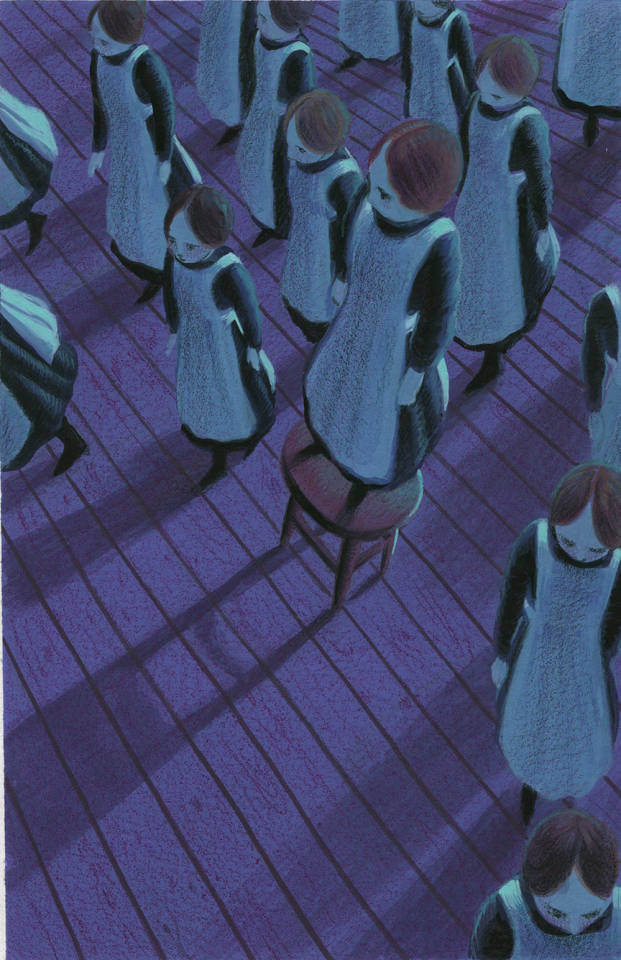
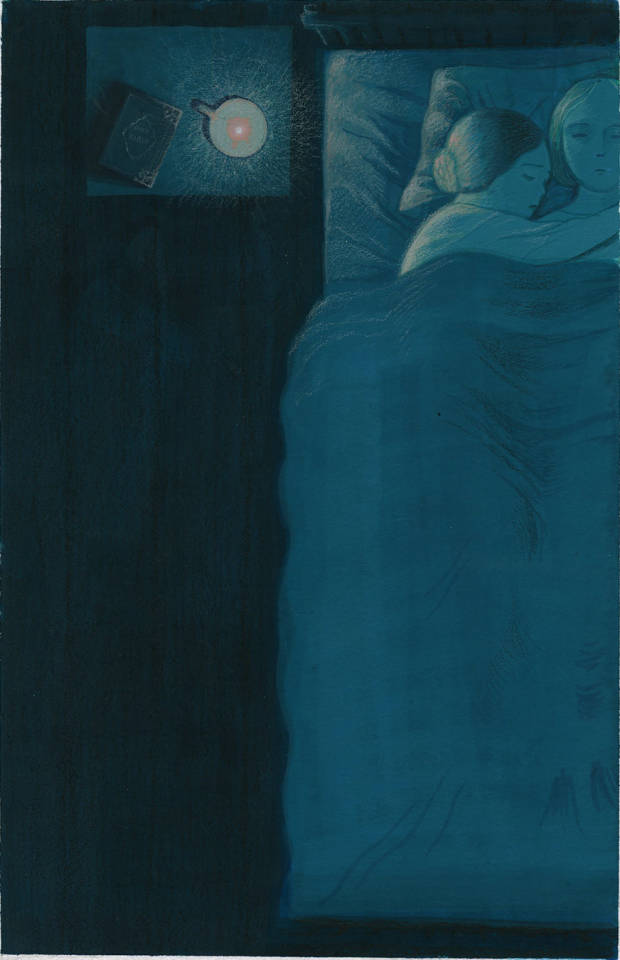


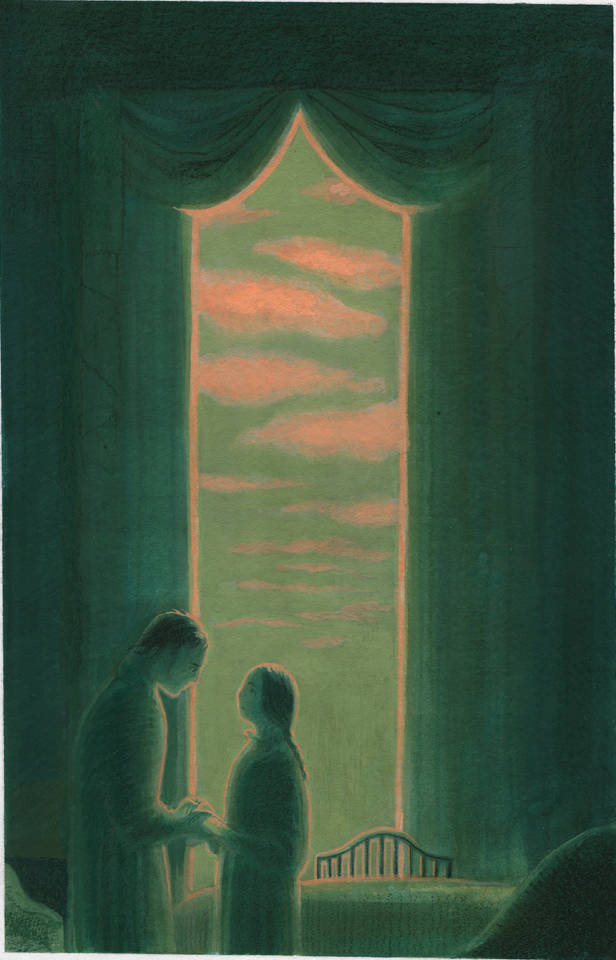
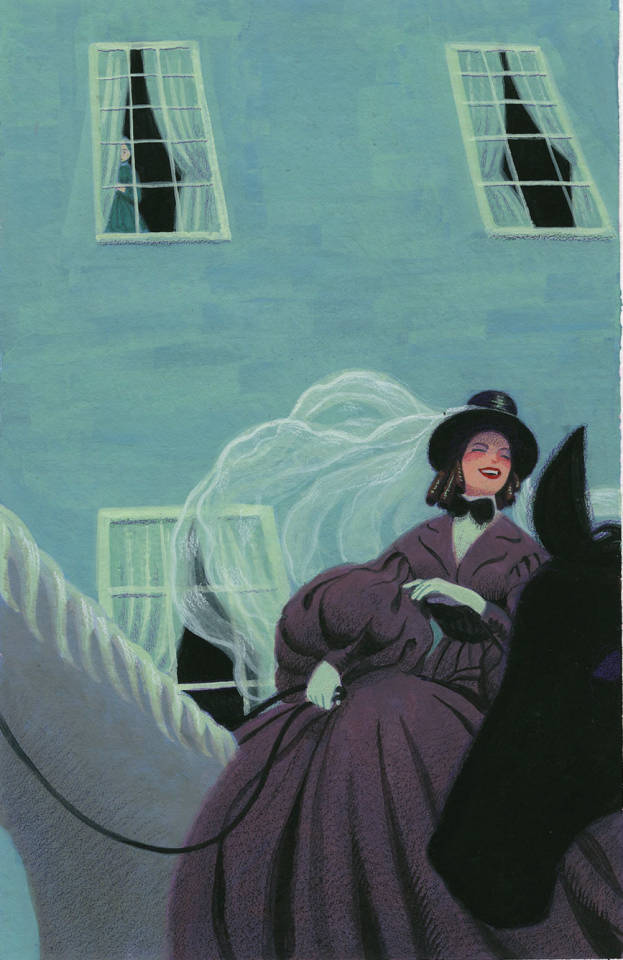
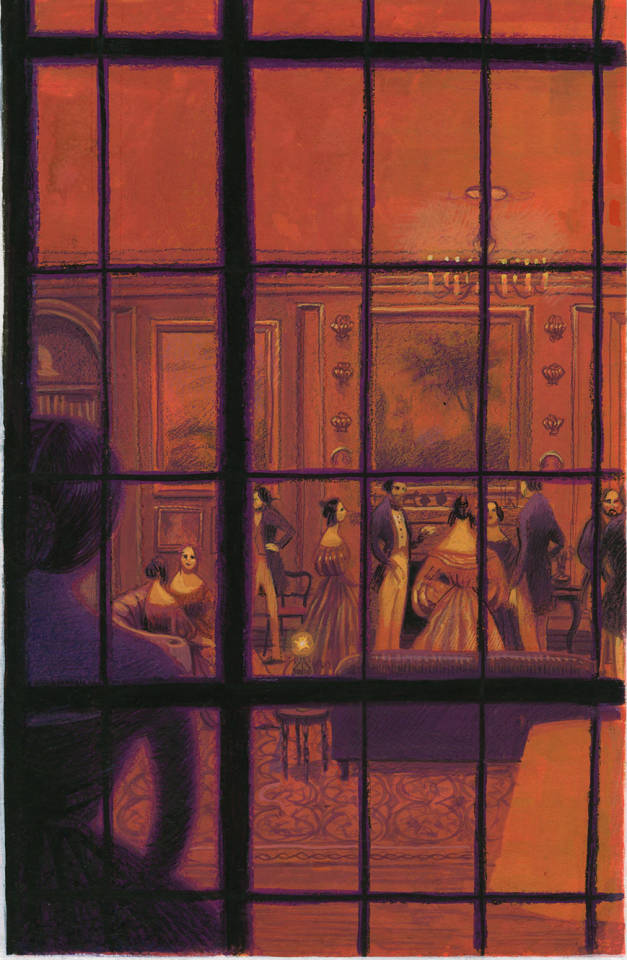


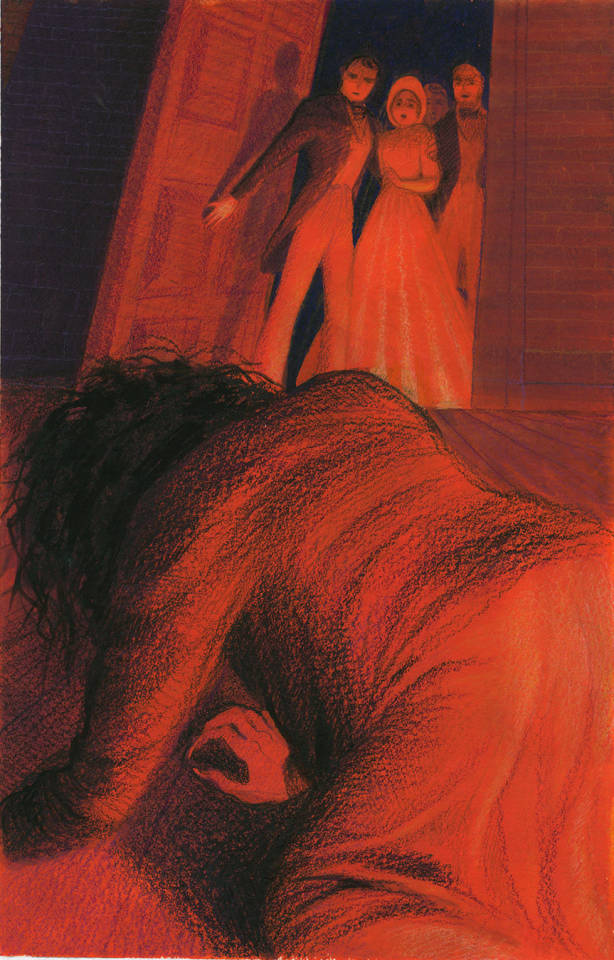
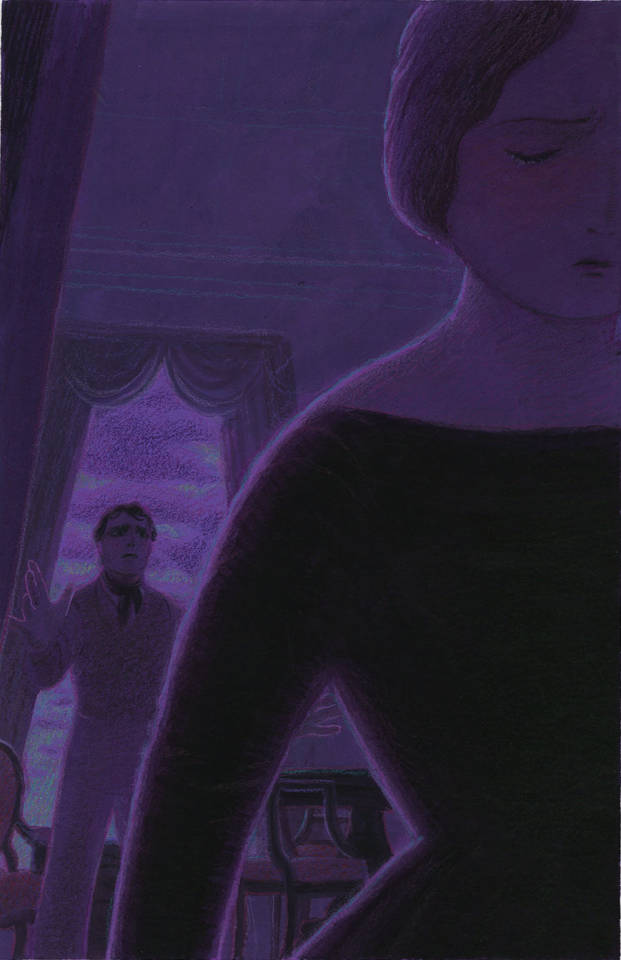
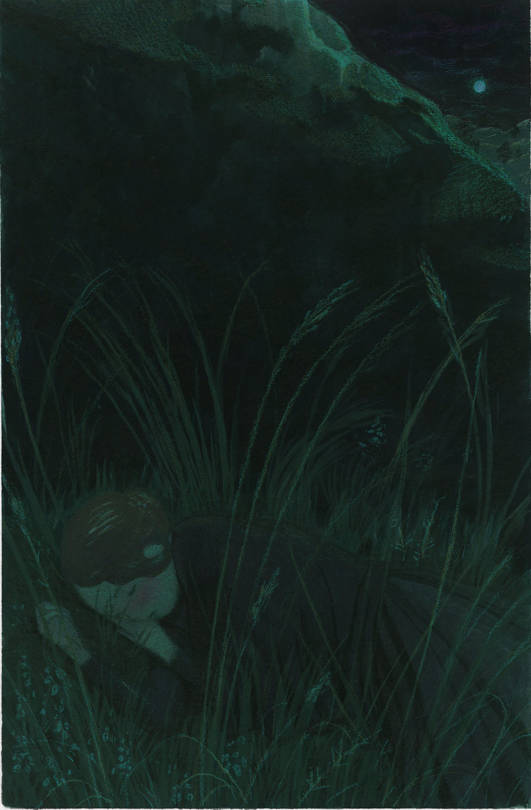
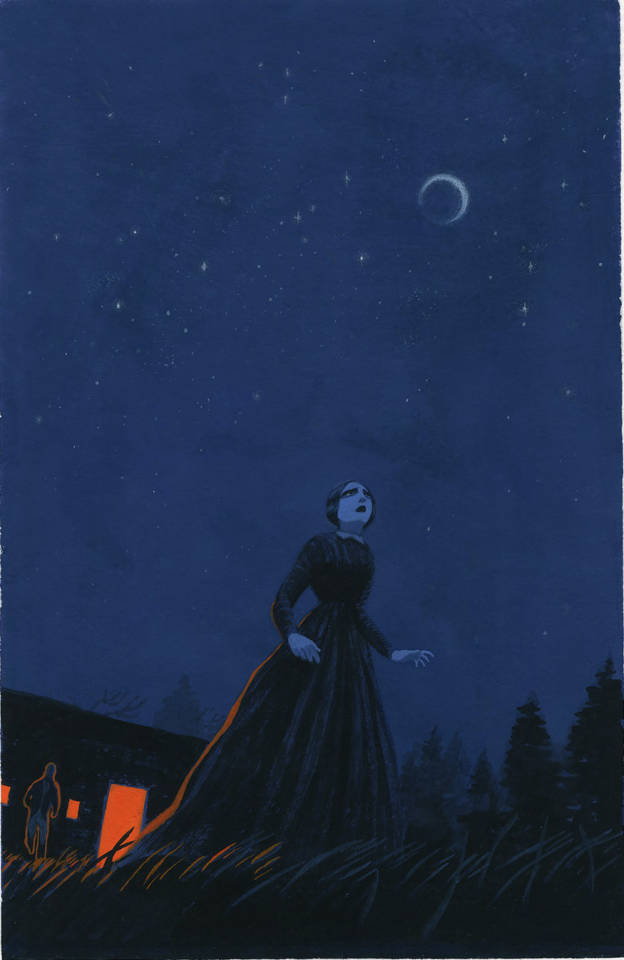
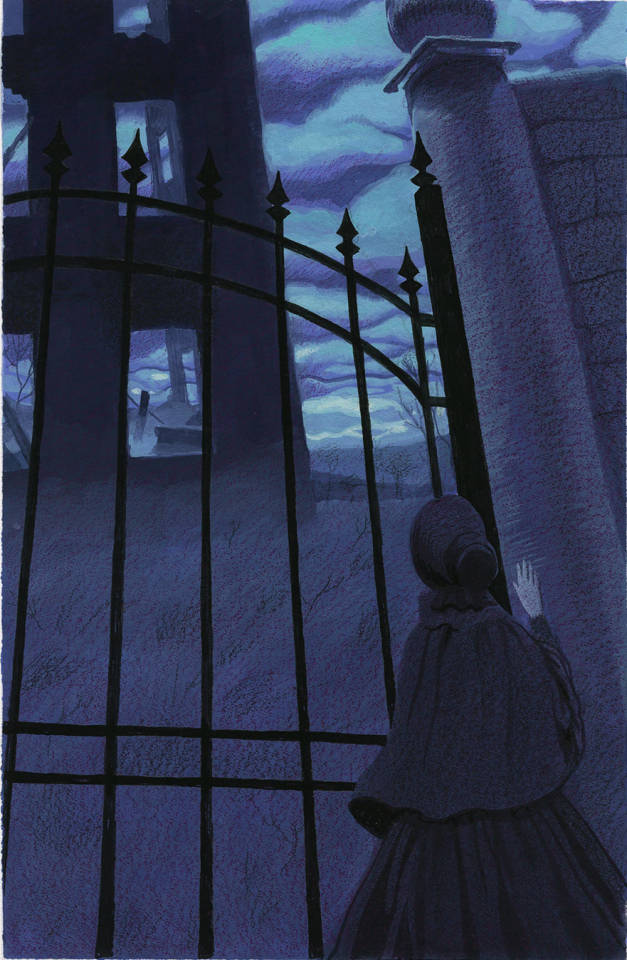

Illustrations by Sophie Margolin for Charlotte Brontë's Jane Eyre.
12K notes
·
View notes
Text

i just really like titular character piranesi and passages like this make my heart ache
3K notes
·
View notes
Text


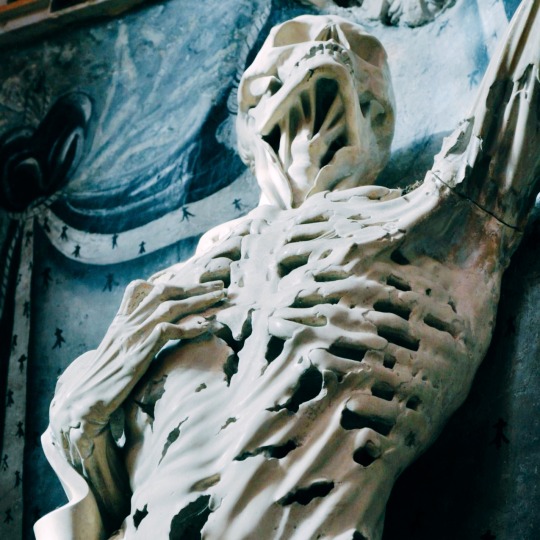

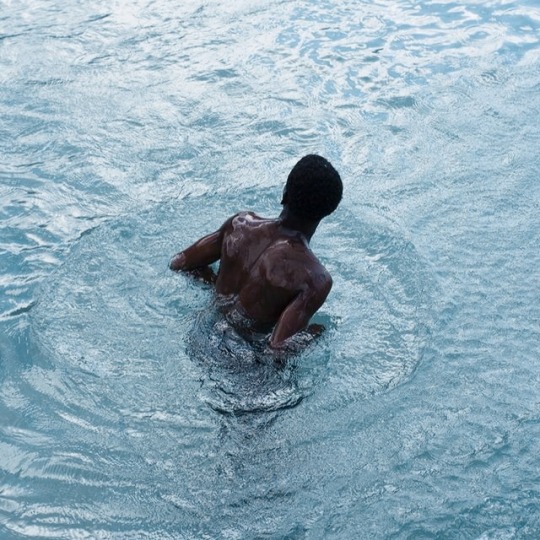



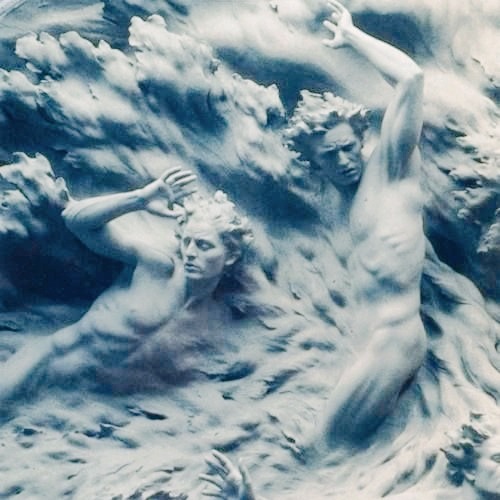
It is my belief that the World (or, if you will, the House, since the two are for all practical purposes identical) wishes an Inhabitant for Itself to be a witness to its Beauty and the recipient of its Mercies.
mutuals as books I love: @therefugeofbooks as Piranesi
1K notes
·
View notes
Text
If human equality is to be for ever averted, then the prevailing mental condition must be controlled insanity.
Doublethink means the power of holding two contradictory beliefs in one's mind simultaneously, and accepting both of them.
— George Orwell, from 1984
#orwell#1984#nineteen eighty four#book recommendation#dystopia#book excerpt#literature#quotes#george orwell
5 notes
·
View notes
Text
Quotes from 1984
Talking to her, he realized how easy it was to present an appearance of orthodoxy while having no grasp whatever of what orthodoxy meant. In a way, the world-view of the Party imposed itself most successfully on people incapable of understanding it. They could be made to accept the most flagrant violations of reality, because they never fully grasped the enormity of what was demanded of them, and were not sufficiently interested in public events to notice what was happening. By lack of understanding they remained sane.
For if leisure and security were enjoyed by all alike, the great mass of human beings who are normally stupefied by poverty would become literate and would learn to think for themselves, and when once they had done this, they would sooner or later realize that the privileged minority had no function, and they would sweep it away. In the long run, a hierarchical society was only possible on a basis of poverty and ignorance .
The essential act of war is destruction, not necessarily of human lives, but of the products of human labour. War is a way of shattering to pieces, or pouring into the stratosphere, or sinking in the depths of the sea, materials which might otherwise be used to make the masses too comfortable, and hence, in the long run, too intelligent.
War, it will be seen, is now a purely internal affair. The war is waged by each ruling group against its own subjects, and the object of the war is not to make or prevent conquests of territory, but to keep the structure of society intact. The very word 'war', therefore, has become misleading. It would probably be accurate to say that by becoming continuous war has ceased to exist.
In earlier ages, class distinctions had been not only inevitable but desirable. Inequality was the price of civilization. With the development of machine production, however, the case was altered. Even if it was still necessary for human beings to do different kinds of work, it was no longer necessary for them to live at different social or economic levels.
The heirs of the French. English, and American revolutions had partly believed in their own phrases about the rights of man, freedom of speech, equality before ue law, and the like, and have even allowed their conduct to be influenced by them to some extent. But by the fourth decade of the twentieth century all the main currents of political thought were authoritarian. The earthly paradise had been discredited at exactly the moment when it became realizable. Every new political theory, by whatever name it called itself, led back to hierarchy and regimentation.
The invention of print, however, made it easier to manipulate public opinion, and the film and the radio carried the process further.
If human equality is to be for ever averted - if the High, as we have called them, are to keep their places permanently - then the prevailing mental condition must be controlled insanity.
— George Orwell, from 1984
#orwell#1984#nineteen eighty four#book recommendation#dystopia#book excerpt#literature#quotes#george orwell
0 notes
Photo








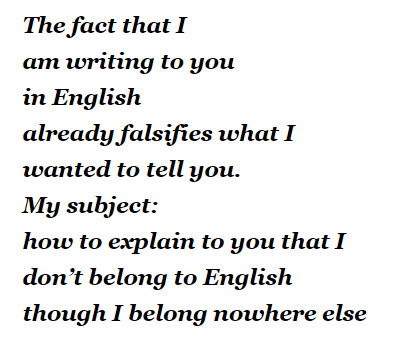

Jamaica Kincaid, A Small Place // Chen Chen, When I Grow Up I Want to be a List of Further Possibilities // Warsan Shire, Conversations About Home // Fatimah Asghar, Partition // Aysha, Diaspora Defiance // Ocean Vuong, On Earth We’re Briefly Gorgeous // Kaveh Akbar, Do You Speak Persian? // Safia Elhillo, Date Night With Abdelhalim Hafez // Gustavo Perez Firmat, Bilingual Blues // Scherezade Siobhan, How to Welcome the Dead
12K notes
·
View notes
Text
(...) and this revelation of human dullness stirred dark depression in me.
— Osamu Dazai, from No longer human
0 notes
Text
I'm going to paint pictures of ghosts and devils and horses out of hell.
They did not hide their interest even in things which were nauseatingly ugly, but soaked themselves in pleasure of depicting them.
— Osamu Dazai, from No longer human
3 notes
·
View notes
Text
Society? Don't you mean yourself?
Society won't stand for it. || It's not society. You're the one who won't stand for it - right?
— Osamu Dazai, from No longer human
8 notes
·
View notes
